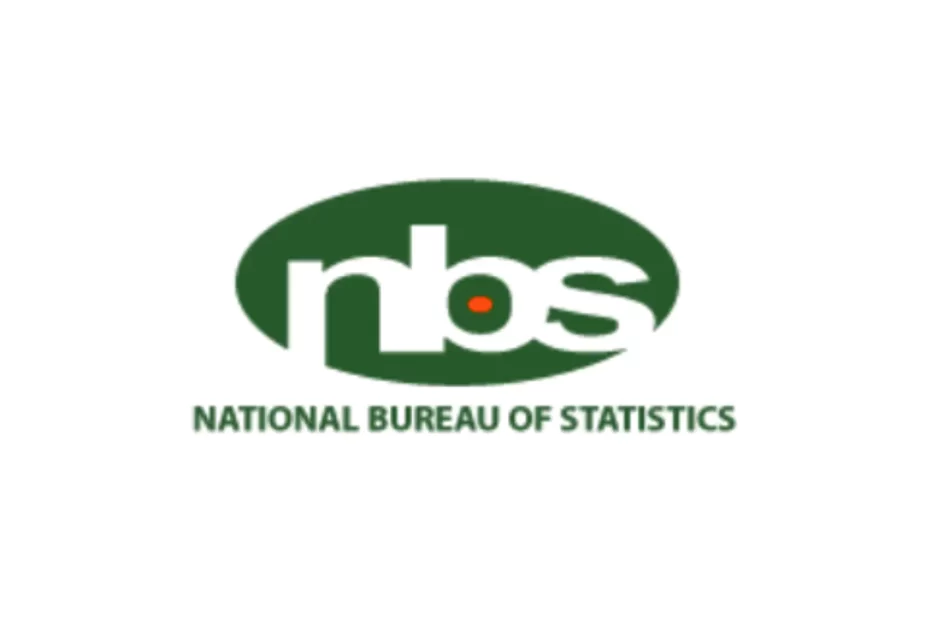BY SAM OTUONYE
Nigeria’s annual inflation rate has been adjusted to 24.48% for January 2025 following a rebasing of the Consumer Price Index (CPI), the National Bureau of Statistics (NBS) has announced.
This is a drop from the 34.80% recorded in December 2024.
The rebasing exercise, which is the first in several years, was implemented to better capture current consumption patterns and align the CPI with the country’s evolving economic realities.
According to the NBS, the new methodology reflects shifts in consumer behavior and accounts for changes in spending trends and updated market data.
The adjustment comes amid rising inflationary pressures driven by recent economic reforms under President Bola Ahmed Tinubu, including the removal of fuel subsidies and the devaluation of the naira.
These measures while necessary for fiscal stability have contributed to higher living costs and sparked public discontent.
Despite the lower reported rate under the rebased system, the underlying pressures on food and energy prices remain a concern.
Experts have noted that while the rebased inflation figure may provide a more accurate picture of the economy, the cost-of-living crisis would likely persist for many Nigerians.
The NBS explained that the rebasing exercise aims to improve transparency and provide more reliable economic indicators for policymakers and investors.
Meanwhile, Muhammed Jubrin Barde, an Economist, had said that one of the most notable adjustments was the reduction in the weight assigned to food and non-alcoholic beverages, which will drop from 51.8% to 40.1%, adding that weightings for transport, health, and accommodation services will rise, better capturing current spending trends.
He said that despite the adjustment, food inflation remains a dominant concern in Nigeria, with a staggering 39.84% year-on-year increase as of December 2024, noting that factors such as insecurity, foreign exchange depreciation, supply chain disruptions, and climate shocks continue to drive food prices higher.
“The weight reduction for food does not mean that food inflation will no longer be critical,” noted Barde. “It simply means that other factors, such as rising transport and healthcare costs, will now play a more prominent role in the inflation calculation.”
Renaissance Capital Africa, an investment bank and research firm said in its report that
- Nigeria’s plans to rebase its economy could potentially see its rising debt as a share of gross domestic product (GDP) fall to at least 40 percent, a situation that could increase fiscal sustainability.
- “Whilst Debt to GDP for Nigeria was 56.23% as at June 2024, the recent GDP rebasing exercise is expected to push this ratio to 40% area, thus providing a suitable debt sustainability buffer.”
- The investment bank and research firm noted that Nigeria has a low government revenue as a percentage of GDP which stood a 14 percent, placing it amongst the weakest globally. “The ratio will shrink with the GDP rebasing.”
